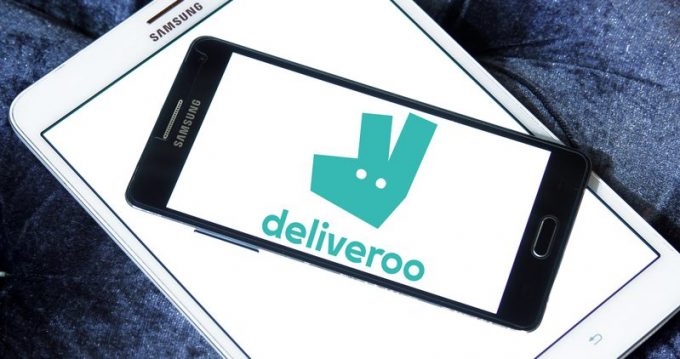Dachser takes another bite into food logistics with Brummer buy
Dachser has continued to eat into food logistics, with the acquisition of Brummer Logistik in ...

The German online food delivery market will tomorrow see its latest casualty, as Deliveroo ends its involvement in Germany, four years after it entered the market.
“This was not an easy decision and one we have not taken lightly,” the UK-based company said, adding that it sees more promising opportunities for growth in other parts of the world.
Deliveroo has been in retreat in Germany since last year, when it scaled back its activities to concentrate on larger cities, namely Berlin, Munich, ...
Keep our news independent, by supporting The Loadstar
Volume surge and an early peak season? 'Don't celebrate too soon,' warning
Container spot rates diverge: to Europe still falling, but firmer to the US
Hapag-Lloyd won't take bookings if port congestion leaves cargo stranded
Ecommerce likely the front-runner in resurge of transpacific trade after deal
China-US trade tariff pause could drive a rebound for transpacific rates
Service chaos from trade ban with India a problem for Pakistan shippers
Airfreight rates ex-China 'loss-making', but hopes of a trade deal stay high
Shippers should check out the 'small print' in China-US tariff cuts
Carriers impose 'emergency operation' surcharges on Pakistan cargo
Serious threat to jobs in US logistics as tariffs cause economic 'stagflation'
15% rebate for box ships as Suez Canal Authority woos carriers
White House u-turns see freighters flying but keep logistics players on their toes
MSC in terminal switch as Nhava Sheva gets strong start to new fiscal year
Peak season or recession? Forwarders and shippers need to 'stay flexible'
Volga-Dnepr claims 'pirate' Canada has 'hijacked' its stranded aircraft

Comment on this article